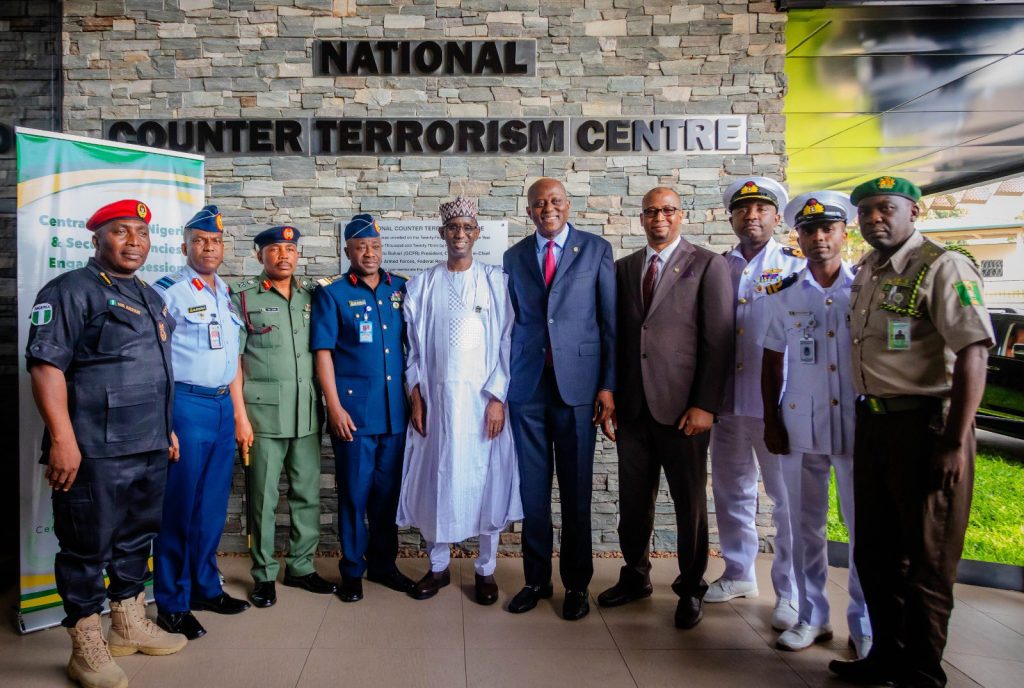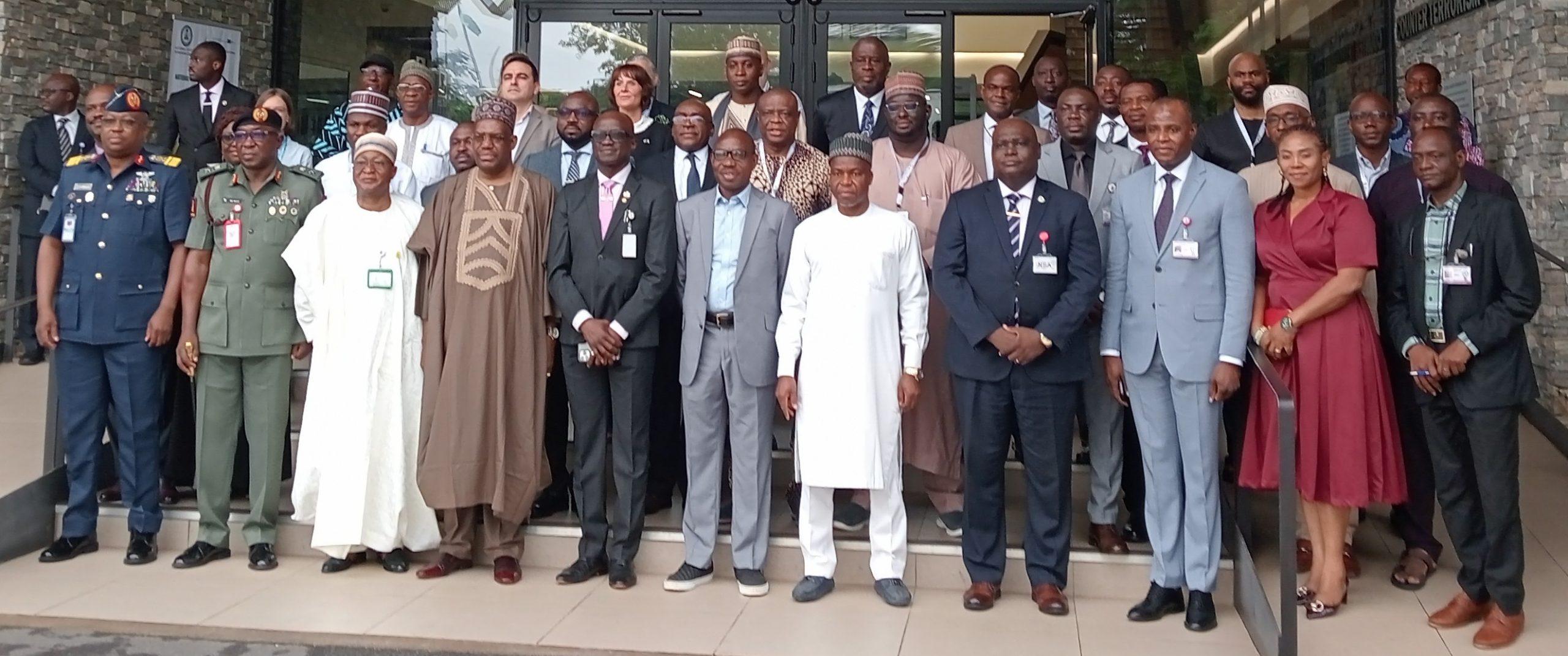The National Counter-Terrorism Centre (NCTC) in Abuja hosted a high-level gathering of national and international stakeholders on Monday as Nigeria prepared to finalise its new National Counter-Terrorism Strategy (NACTEST) 2025.
The event, marking the final validation workshop, represents a key milestone in a year-long process to update the country’s counter-terrorism framework in line with global best practices and emerging threats.
Major General Adamu Laka, Coordinator of the NCTC in the Office of the National Security Adviser, urged participants to see the exercise not merely as a document review, but as a shared commitment to national security, peacebuilding, and inclusive governance.
“This is not simply about reviewing a document. It is about endorsing a shared vision that will guide our counter-terrorism efforts through the next review cycle,” Laka said.
The workshop convened representatives from the Office of the National Security Adviser, the diplomatic corps, the United Nations, the European Union, civil society organisations, security agencies, academia, traditional leaders, and the private sector.

The draft strategy, under revision since February 2025, underwent multiple stages, including a stakeholders’ meeting in February, a technical committee session in May, a two-day workshop in July, and an in-depth council review from 12 July to 1 August. The final validation will allow for editorial refinement ahead of formal adoption.
The revised strategy places strong emphasis on counter-narratives, strategic communication, and community resilience. Laka highlighted the importance of global alignment, stating: “We must not overlook the importance of narrative.”
Commodore Ahmad Madawaki, Director of Policy and Strategy at the NCTC, underscored the dual pillars of the approach: a whole-of-government model for interagency coordination, and a whole-of-society model for including grassroots voices, civil society, faith leaders, and the private sector.
The updated framework also aligns with international human rights standards, gender inclusion, and UN guidelines on preventing and countering violent extremism, while harmonising with Nigeria’s anti-terrorism legislation.
As the workshop concluded, participants were encouraged to provide constructive feedback to ensure the final document reflects Nigeria’s security priorities and sociopolitical realities.
The new strategy is expected to be officially launched before the end of the fourth quarter of 2025, signalling a renewed approach to Nigeria’s counter-terrorism efforts amid evolving global and regional threats.


 Trending
Trending 
